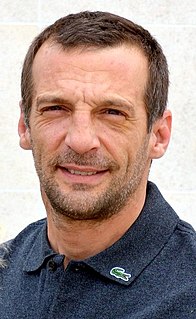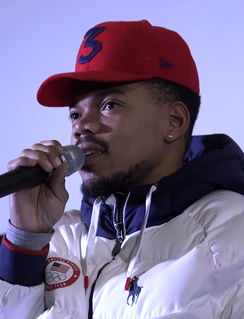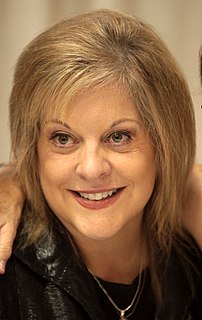A Quote by Jose Padilha
How can I make a movie about the violence of the police if the police aren't going to let me film it?
Related Quotes
American cops didn't create that atmosphere, they're the ones though who have to live with it on a daily basis. These are generalisations; you can't make generalisations about hundreds of thousands of people. The New York Police Department, for instance, has 38,000 police officers in it. But most cops, when I talk to them, desperately care about the victims of gun violence. They see it, they experience it.
Police departments across the nation must develop nonviolent 'rules of engagement,' so that they don't reflexively respond to suspected crimes with violence. This will require more in-depth training in the behavioral psychology of conflict resolution so police have tried-and-true techniques of preventing and de-escalating violence.
I met a retired police detective. And he said to me that the interesting thing about heatwaves, from a police perspective, is that the number of people who just walk out of their lives when the weather gets unbearable is astronomic. He said the police prepare themselves for it - for a huge rise in the instances of missing persons. People choose to disappear when it's hot. It was fascinating.






































